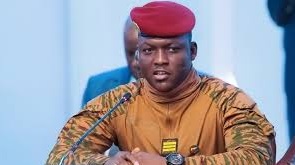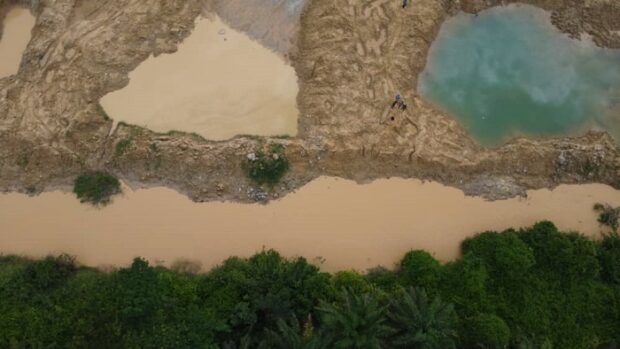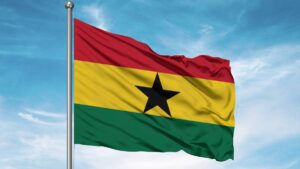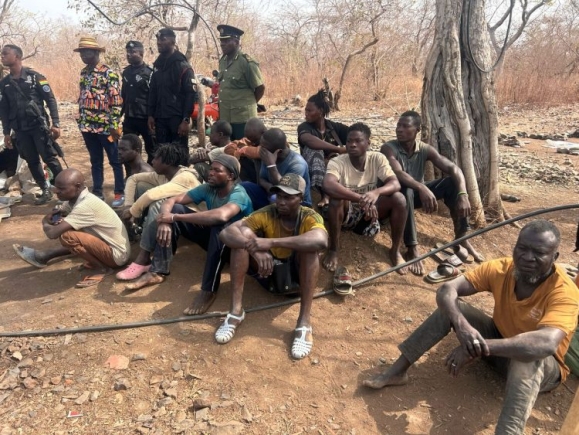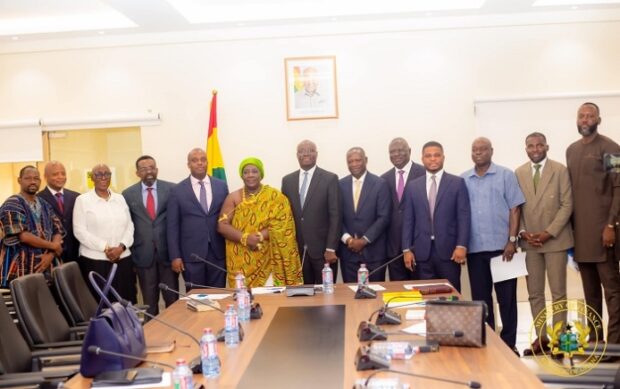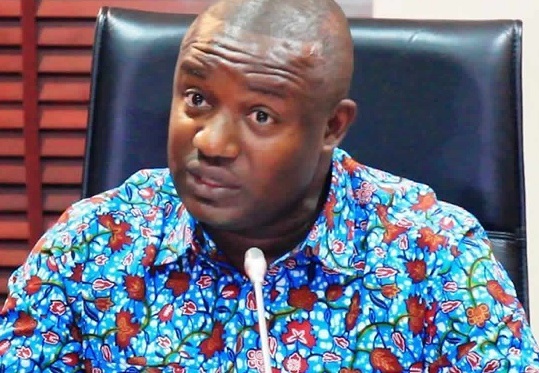White South African Migration and the Hypocrisy of Western Racism
After the fall of apartheid and the election of Nelson Mandela, many white South Africans relocated to Australia. This migration was not just about economics—it often stemmed from a deep discomfort with South Africa's shift toward racial equity. For many, Australia offered a setting where they could once again feel part of a dominant group. Seeking Comfort in Familiar Power Structures Some white South Africans who settled in Australia expressed unease with the democratic changes in post-apartheid South Africa. In Australia, they found a society where their views could be expressed more openly and, at times, more aggressively. The cultural alignment reinforced their sense of security and belonging—values they felt had been lost in their home country. Local Reactions in Australia Encounters between Australians and white South Africans occasionally led to raised eyebrows. Stories emerged of Australians suggesting, “Maybe the […]


